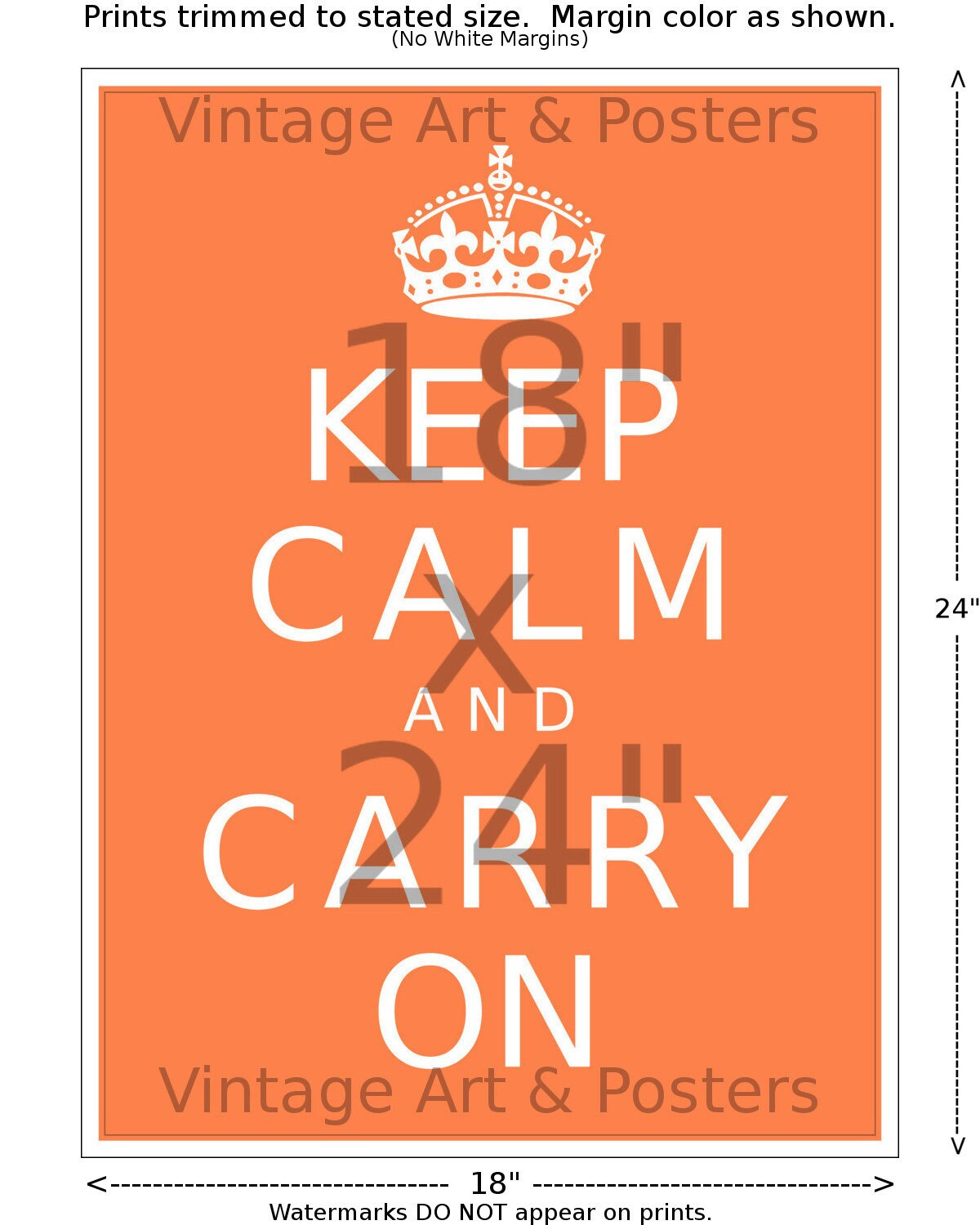
The list of things that gradually became scarce over the years included metal for saucepans, cutlery and razor blades wood for making furniture, toys, musical instruments and matches candles and batteries any kind of ceramic or glass rubber for wellington boots, baby teats and condoms paper, pencils, paint, cosmetics, soap and shoe-polish.

My mother recalled the disappointment of cutting open her one permitted weekly egg, only to find it was bad. Other things simply became gradually unobtainable.Vegetables and fruit were not rationed but hard to get, and people were encouraged to grow their own as much as possible, to “dig for victory”.

It began with butter, sugar and bacon and as the war progressed more and more items had to be bought with ‘coupons’, including clothing and even soap. Much like today, over half of Britain’s food was imported from elsewhere, and the sinking of so many merchant ships severely disrupted imports. A bright and intellectually curious young woman, her prospects were utterly thwarted by the war.įood rationing began early in 1940, partly in reponse to hoarding and to increasing shortages caused by the war at sea. Needless to say, my mother’s education suffered greatly – she became disaffected and rebellious, and ended up being expelled for going ice-skating when she should have been in a ‘prep’ class. During Air Raids lessons were held in the school shelter, and they also took over part of a local primary school, sharing classroom hours with the younger children. For the next two years, she went in only part-time, sometimes just to collect homework or sit exams. Shortly afterwards my mother’s school also suffered major damage, and was forced to drastically scale back classes. At least 32,000 people were killed in London during nine months of relentless nightly attacks, and bombs continued to fall throughout the war, including the terrifying V1 and V2 unmanned rockets. After being allowed home, the family spent many nights in the damp and often freezing Andersen shelter in their garden, and the rest of the time slept downstairs huddled all together. My mother was thirteen at the time and felt as if her world had ended I don’t think she ever felt truly safe again. When it exploded, it took with it seven bomb-disposal men who were working desperately on defusing it, and demolished several nearby houses. The Blitz started in September 1940, and within days my mother’s home was seriously damaged by a time bomb which fell at the end of the garden.

The stars were also clearly visible in the night sky – when it was not lit up by the glow of fires from bombed buildings, that is.

The exception was of course the moon, which shone as brightly as ever, turning the city into one big target. Streetlamps and car headlights were dimmed shops and theatres were no longer illuminated no fireworks were permitted, and torches had to be scrupulously angled downward.
#Keep calm and carry on ww2 windows#
From dusk onwards all windows had to be covered with heavy fabric, cardboard or black paint to stop any light escaping and attracting enemy bombers. It began with the blackout – “general darkening as a permanent condition” – imposed just before the declaration of war. It would take even longer for their way of life to recover to anything resembling normality, with food rationing and some travel restrictions continuing into the 1950s. We are facing six months or more of disruption to our usual, privileged lives, but for Britons in 1939, there were six years of restrictions, deprivations and danger ahead. With all the talk of the current situation being ‘unprecedented’, and much like a war, I’ve been thinking a lot about what my parents lived through during WW2.


 0 kommentar(er)
0 kommentar(er)
